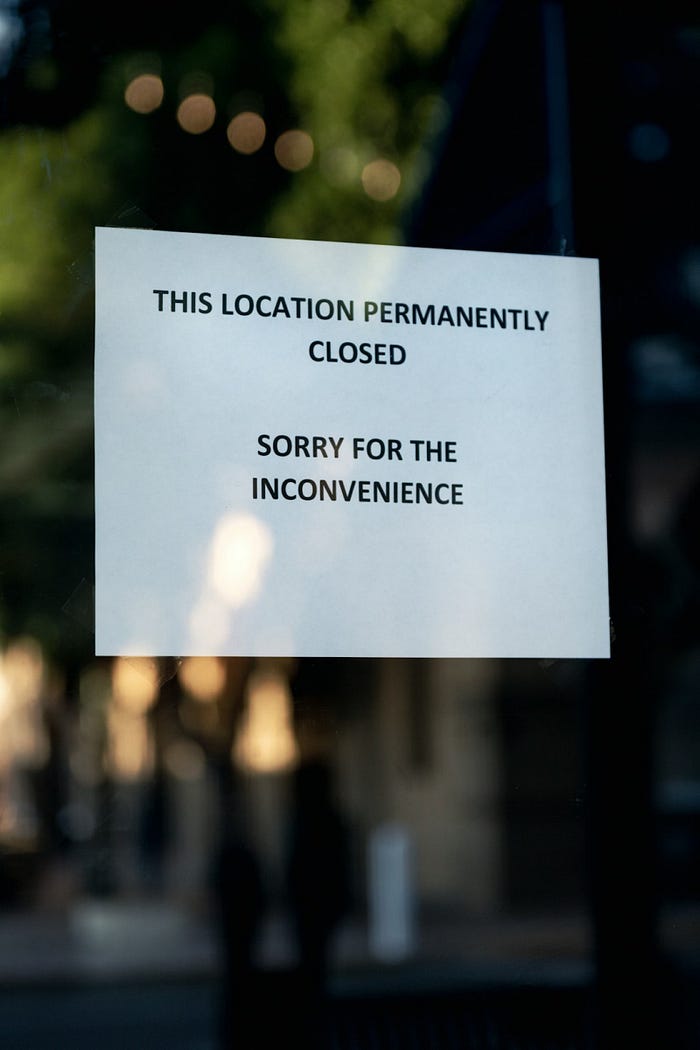Is the US Economy Truly Thriving in 2024?
Written on
Understanding the Economic Narrative
Greetings! As we find ourselves in the summer of 2024, numerous reports suggest that the USA is enjoying a flourishing economy characterized by unprecedented low unemployment rates and remarkable corporate profits. However, the experiences of those outside the media bubble tell a starkly different story. Many individuals express concern about their escalating challenges to meet basic living expenses, indicating that the notion of a "booming" economy may be nothing more than inflated rhetoric promoted by media outlets aligned with right-wing interests.
In the media, you might hear phrases like "According to recent data... latest polls... statistics show that the American Economy is thriving!" Yet, these claims often feel disingenuous. It raises the question: can repetition of a falsehood make it true? This tactic appears to be a favorite of certain political figures who continually use sensationalism to capture public attention and manipulate emotions.
Furthermore, this dynamic bears a resemblance to the chaotic events of January 2021, when a mob stormed the Capitol, echoing themes from the satirical film Idiocracy, which depicts a society plagued by ignorance and emotional reactivity. The current social climate mirrors this, as we observe troubling patterns of division, hatred, and violence.
Section 1.1: The Illusion of Economic Well-Being
Many individuals mistakenly believe that "The Economy" is a tangible entity that affects everyone uniformly. When media outlets declare it to be thriving, what does that mean for those who are overworked, juggling multiple jobs, and struggling to make ends meet? It appears that the affluent owners of media companies are obscuring the harsh realities faced by everyday people, cleverly packaging their narratives to fit a more palatable version of "news."
In both the USA and Israel, we see a populace that often reacts emotionally rather than rationally, contributing to a troubling cycle of ignorance. For instance, Israel's claims of "self-defense" while targeting Palestinian civilians raise ethical questions about the nature of vengeance and the fine line between defense and aggression.
Subsection 1.1.1: Economic Alliances and Personal Dependency

The US's unwavering support for Israel may also play a role in the current economic narrative. National alliances can be likened to marital bonds, complete with societal pressures and economic incentives. But what happens when one finds themselves entangled with a toxic partner? Financial dependency complicates matters, often leading individuals to overlook severe issues for the sake of stability.
Reflecting on personal experiences, I can attest to the challenges of staying in a harmful situation for financial security. This dilemma is mirrored in the political landscape, where leaders must navigate tricky alliances while facing ethical quandaries.
Section 1.2: The Myth of "The Economy"
The idea of "The Economy" simplifies an intricate web of systems that only a select few truly understand. This term serves as a shorthand for complex realities shaped by those in power, often leaving the general populace vulnerable to exploitation.
As the wealthiest individuals hoard resources, the rest of society is left to grapple with the consequences. We must ask ourselves: Are we content being mere pawns in a system that prioritizes profit over people?
Chapter 2: Taking Action for Change
If we do not wish to remain victims of this predatory system, consider the following steps:
- Support progressive candidates.
- Commit to voting for Democratic leadership consistently.
- Resist the sensationalist narratives propagated by right-wing media.
- Allow a liberal administration the opportunity to enact meaningful change.
- If you're feeling unsettled, it's vital to explore these feelings and consider seeking professional support. Investing in your emotional well-being can yield significant dividends for both personal and community health.
By engaging in this reflective process, we can begin to challenge the status quo and strive for a more equitable and just economic landscape.